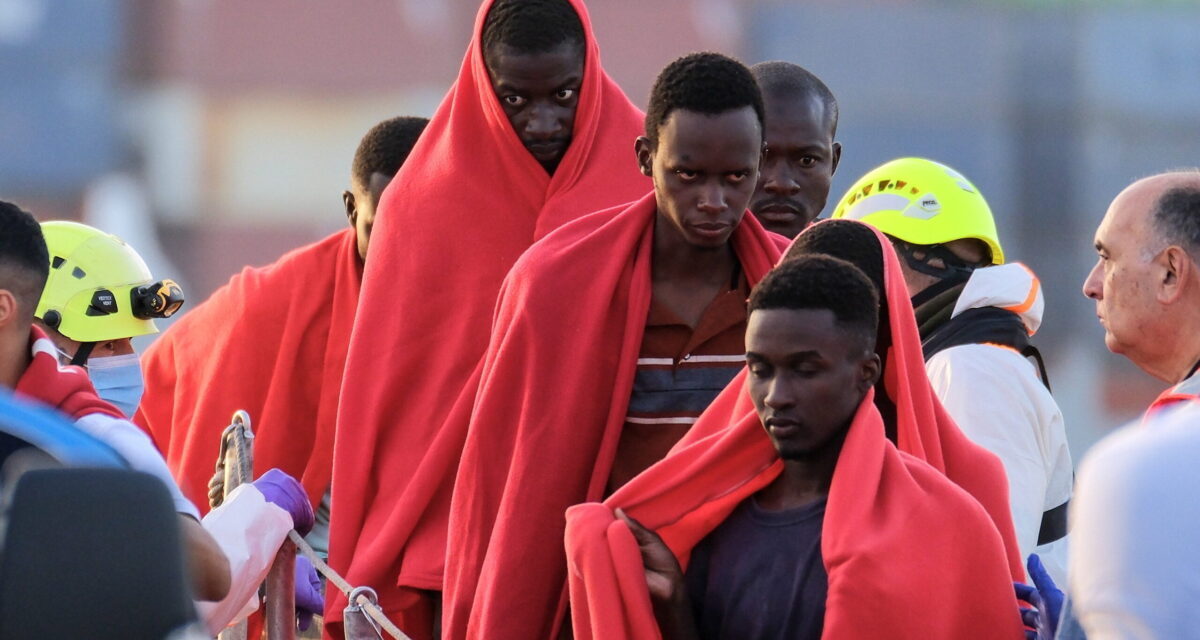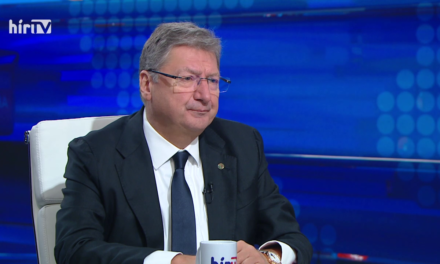The German Federal Ministry of the Interior has submitted to the Bundestag a proposal , which seeks to amend the so-called Residence Act (Aufenthaltsgesetz) in order to curb human trafficking. The amendment would redefine what qualifies as assistance for illegal entry into the European Union and would allow for up to 10 years in prison to be imposed on representatives of the NGOs involved in bringing migrants picked up in the Mediterranean ashore under the heading of "smuggling foreigners".
While the currently effective German law classifies the facilitation of entry as a crime if it is done for financial gain or other personal advantage, the amended legislation would extend the scope of the law to any form of assistance regardless of its motive (albeit "rescuing people"). In addition to this, the amendment aims to ensure that those who have been expelled cannot disappear from the eyes of the authorities.
In the introductory justification, the draft refers to the fact that in 2022, the number of people seeking protection in Germany from countries other than Ukraine increased significantly, by about 50 percent, compared to the previous year before the coronavirus epidemic. The flow of immigrants continued to increase in 2023. In the first eight months of 2023, approximately 77 percent more asylum applications were submitted than in the same period of the previous year. At their meeting on May 10, 2023, the federal chancellor and the heads of state agreed that in order to deal with the high flow of refugees, among other measures, people who cannot stay in Germany must be sent back consistently.
Germany would not be out of line with this measure. Earlier this year, Giorgia Meloni's government in Italy introduced a series of new measures to restrict the activities of non-governmental organizations in the Mediterranean. From January to September, the Italian authorities detained six rescue ships for a total of 160 days.
Poland's strong militarization of the border region with Belarus has created a zone in which the activities of non-governmental organizations assisting migrants have become dangerous. Meanwhile, in Greece, criminal proceedings were initiated against the staff of humanitarian aid organizations despite the lack of desire for profit. In 2018, authorities detained 24 volunteers from the NGO Emergency Response Center International (ERCI) for a range of crimes, including smuggling, fraud and espionage. The case is pending and ERCI has ceased operations.
Understandably, the organizations involved are fiercely protesting the amendment to the German law, more than 50 NGOs submitted a call to withdraw the proposed amendment, including the European Center for Constitutional and Human Rights, Amnesty International and Doctors Without Borders.
And maybe the NGOs will win the debate. In their coalition agreement with the Greens and the liberal Free Democrats, the Social Democrats, who are the leading force of the current government, specifically confirmed their commitment to the rescue of people at sea and the protection of humanitarian work. At the beginning of the year, German Foreign Minister Annalena Baerbock, on behalf of the Greens, reiterated her government's support for rescue operations at sea, and the German Foreign Ministry stated that the search and rescue services of non-governmental organizations would be funded at least until 2026.
It seems that Germany already has the will to curb the influx of migrants, as opposed to the "wilkommenskultur" of 2015, but the determination to do so is lacking. A party currently supported by 14 percent (the Greens) is hindering the implementation of a policy supported by at least 80 percent of the population.
Author: Károly Lóránt
Cover image: MTI/EPA/Ángel Medina G.












